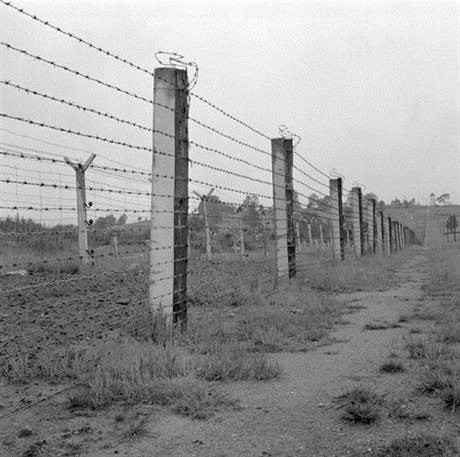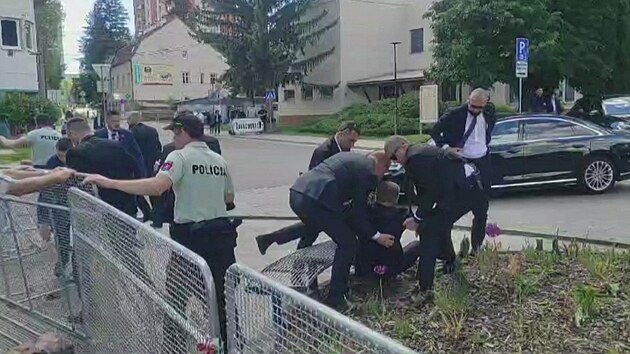A sinister chapter in the history of post-war Austria has been revealed in the archives of the Czechoslovak communist-era secret police (StB) who worked with border guards to secure the vulnerable frontier.
Newly released documents from the Slovak institute that stores and processes the archive of the communist-era secret police and other security services, the Nation’s Memory Institute (ÚPN), describe how hundreds of Austrians were willing paid informers and collaborators as the Czechoslovak regime tried to stem escape attempts.
Not only did the often well-paid recruits inform their handlers who had escaped, in some cases they actually drugged them and carried them across the frontier to hand them over to the Czechoslovak secret police. Most Austrian recruits collaborated not through any left-leaning idealism but for the prospect of hard, convertible cash.
“The reward transporting such escapees back was in the range of thousands of schillings,” the director of the ÚP’s documentation division, Lubomír Morbacher, told the Czech daily Lidové Noviny, who added that most of the Austrian recruits collaborated not through any left-leaning idealism but for the prospect of hard, convertible cash.
Among the favorite recruits were poorly paid Austrian border guards, who could supply the Czechoslovak secret police with the names of escapees. This allowed the StB to take revenge on their relatives back home and try to break escapee networks.
The Slovak documents cite the case of one Austrian customs officer from the border town of Kittsee, just across the border from Bratislava, who had the code name Silva. He arranged 52 meetings with his Czechoslovak counterparts and delivered 165 items of intelligence information for the some of 39,000 Austrian Schillings.
Morbacher told the Slovak paper SME that the number of such Austrian informers is still being mapped out but their total probably came to several hundreds.
“The intelligence services at the end of the ’50s and ’60s sought agents not just from Austrian border units but also from local people and at camps for emigrants,” the ÚPN’s Vladimír Palka told the paper.
The StB was also able to infiltrate one of its own agents at the Austrian refugee camp of Traiskirchen in 1991. During a six-month period the agent was able to send back 102 piece of intelligence before returning across the border.
The short stretch of border between Austria and former Czechoslovakia not far from Slovak capital Bratislava was a favorite point for escape attempts after the communist regime seized power in February 1948.
The Iron Curtain
At first, the border was relatively open with the possibility of avoiding border patrols and swimming or rowing across the Danube and Morava rivers to freedom. But from 1951, the border took on its stereotype Iron Curtain format of barbed wire, minefields and electrified fences.
Would-be escapees also faced another problem in the early days, Austria was divided between the three four victorious powers from WWII with Soviet Russia’s eastern zone bordering on Czechoslovakia. This meant that escapees would have to worry about Soviet troops in their region and sector of Vienna and the possibility that Austrian police would hand them over to the Soviet occupiers. Forty-two people were killed during escape attempts across the Czechoslovak-Austrian frontier
In one infamous case, the Czechoslovak StB kidnapped the exiled Czech democratic politician Bohumil Laušman from his Austrian exile in 1953. He was imprisoned and died in suspicious circumstances in a Prague prison in 1963.
Austria’s situation changed in 1955 when under an agreement the four powers pulled out and Austria was declared a neutral country, albeit very keen not to offend the Soviet Union. Forty-two people were killed during escape attempts across the Czechoslovak-Austrian frontier before the communist regime crumbled in November 1989.




